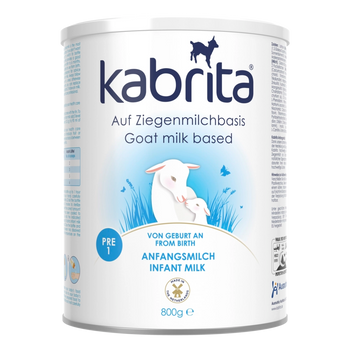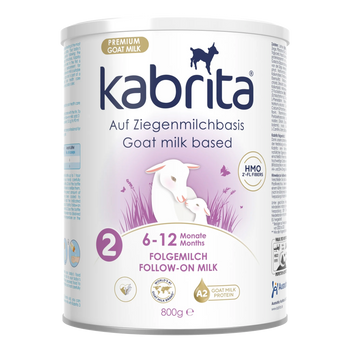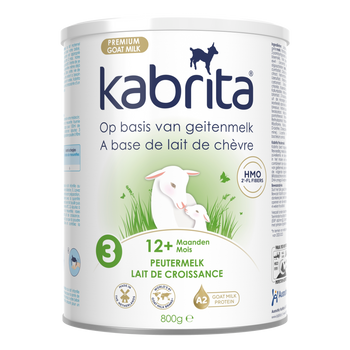The difference between cow milk allergy and lactose intolerance

Cow's milk allergy and cow's milk or lactose intolerance are different conditions, sometimes misused because their symptoms can be similar, resulting in confusion.
Cow's milk allergy
In the case of a (medically) confirmed cow's milk allergy, an immediate immune system reaction takes place in response to the protein in cow's milk. A medically confirmed cow's milk allergy is the most common food allergy in infants (between 2% and 5% of babies and young children [1]). It usually occurs within hours of ingestion and results in moderate to severe symptoms, including:
- Swelling around the mouth
- Difficulty swallowing
- Vomiting and regurgitation
- Severe diarrhea
- Food refusal
- Failure to thrive (insufficient weight gain)
- Severe colic
- In rare cases, anaphylactic shock leads to death
Lactose intolerance
A lactose intolerance produces symptoms because of poorly digested lactose. Lactose is present in all milk produced by mammals (including humans) and is also called milk sugar. Because breast milk also naturally contains lactose, there is very little chance that your baby or toddler is lactose intolerant. Poor digestion of lactose occurs in many cases after weaning and can lead to symptoms such as those described below, in which case it is referred to as lactose intolerance:
- Abdominal bloating and cramps
- Flatulence
- Diarrhea
- Nausea
- Rumbling stomach
- Vomiting
Is goat milk an alternative in case of an established cow's milk allergy?
If there is a medically established cow's milk allergy, then goat's milk is not a suitable alternative because there is a high chance of an allergic cross-reaction.
There is a larger group that is not allergic but still does not do well on cow's milk. This group can be called cow's milk intolerant and often has complaints such as cramps, constipation, mild eczema, etc.
In case of complaints, always consult your (consulting) physician to rule out a cow's milk allergy or lactose intolerance before switching to Kabrita goat's milk formula.
[1] Pensabene, L.; Salvatore, S.; D’Auria, E.; Parisi, F.; Concolino, D.; Borrelli, O. Cow’s Milk Protein Allergy in Infancy: A Risk Factor for Functional Gastrointestinal Disorders in Children? Nutrients 2018, 10, 1716. [CrossRef] [PubMed]






